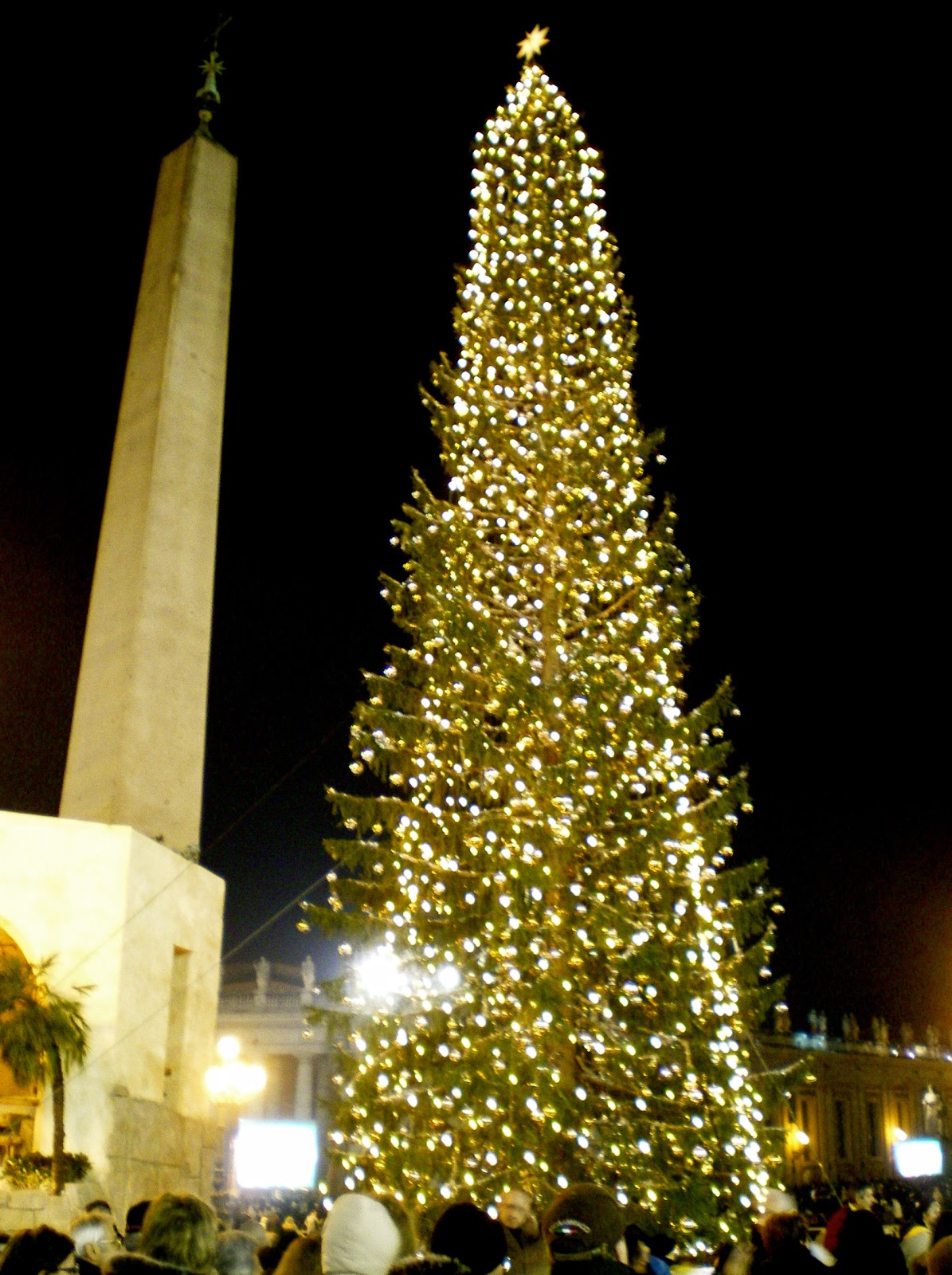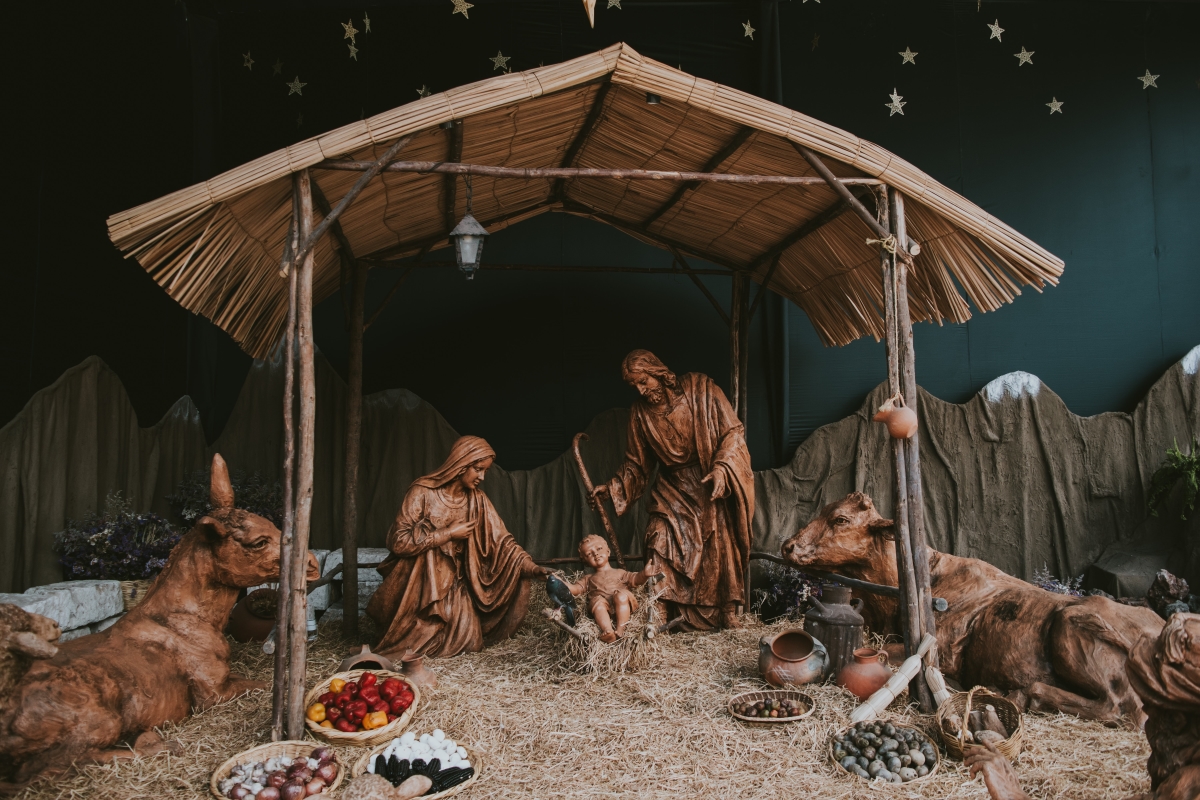
Traditions

Happy true new year!
Happy New Year!
Today is the true New Year as per the Scriptural Zadok Calendar (March 25th of the year 2020) as well as the Scriptural Luni-Solar Calendar (Day 1 of the 1st Month, also known as New Moon Day).

Your Christian Bible and Christmas trees
What does the Christian Bible says about the “Christmas Tree”? Here are some verses and a video. Don’t believe this, rather, pick up your family Bible collecting dust and begin studying. Don’t just accept what you’re being told, hearing from preachers, priests, pastors, and teachers, prove it for yourself!

When is the true new year and day
Did you know the January 1st New Year is not the true new year? If people from the ancient times are transported today, they will call us crazy and ungrateful. The Gregorian New Year begins right in the middle of the night/dark at 00:00 and in the coldest days of winter. It, “New Year”, used to mean new beginnings, new dawn, fresh start, going into the light–the warmth that brings life.

Should Christians not celebrate Christmas?
It is the number one question many Christians (baby and mature alike) ask every time Christmas arrives. There are two camps - (1) those who say that we should not because it is not in the Christian Holy Bible and it is of pagan origin; and (2) those who say that we should celebrate it because it is the Birth of Jesus Christ, the Saviour of the world.
What now? On our left, it is not really written in the Christian Holy Bible that we should celebrate our Saviour’s birth and there is the possibility that Christmas did come from a pagan holiday. Then on our right, there should be nothing wrong with remembering the birth of our Lord Jesus Christ, right?

The YOOki Chronicles is Yohan Yukiya Sese-Cuneta’s return into casual and personal blogging. The name “YOOki” is a mash-up of the acronym of YourOnly.One and my nickname ᜌᜓᜃᜒ (Yuki・雪矢).
Interestingly, according to Chinese legend,
.1柳
(YOO) is an ancient Chinese surname. The ancestors of the surname were closely linked with the ancient sage-king named Yu Shun. In Korea, the 유
(YU) lineage traces to the Xia, Han, and Joseon dynasties. Holders of the surname Yu or Yoo had a reputation for charity and diligence
It is also the word for “willow” or the “willow tree” which means graceful or slender; and a tree growing near a body of water which provide continuous nourishment and resources for everyone. It can also mean to exist, an oil (anointment(?)), and simply as “U” (you).
The Hanzi 紀
(ki) character means to record, be disciplined, provide order. While the Hangeul equivalent, 키
(ki), means energy, spirit, a banner, and a period of time; and is also a suffix used to make a gerund or an infinitive.
